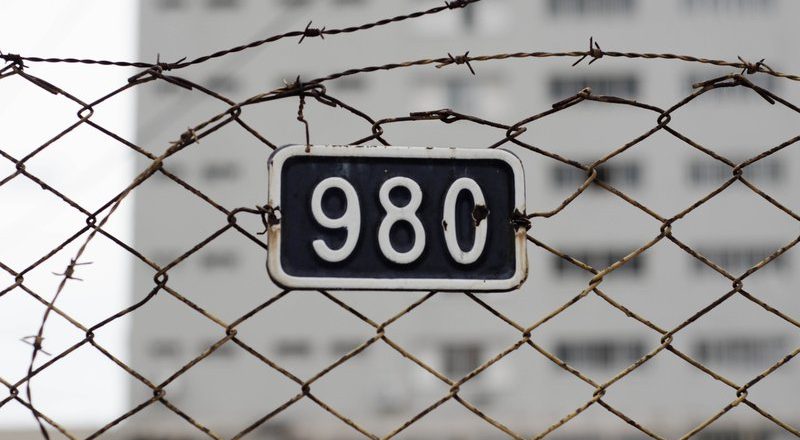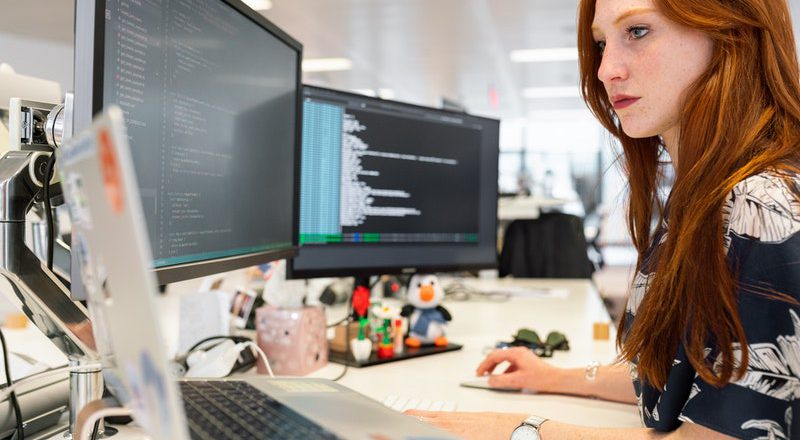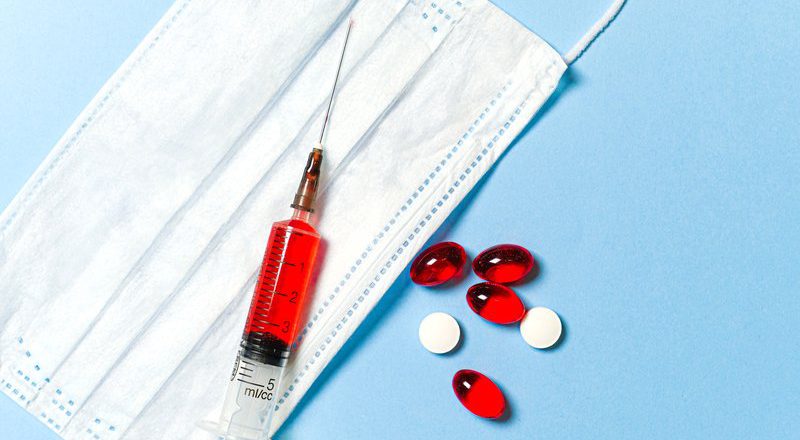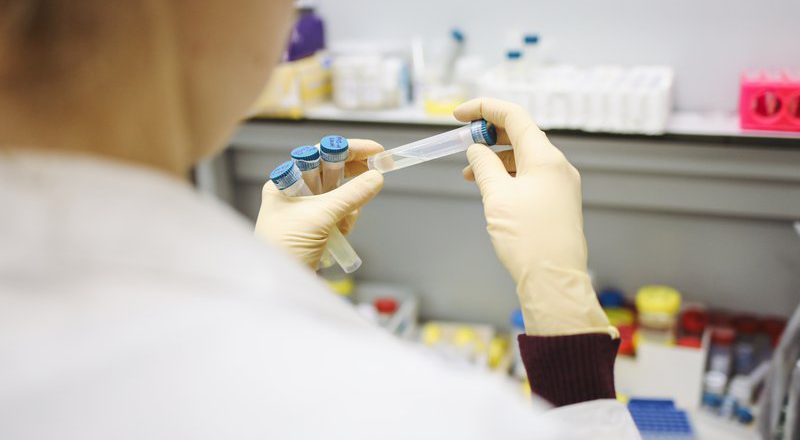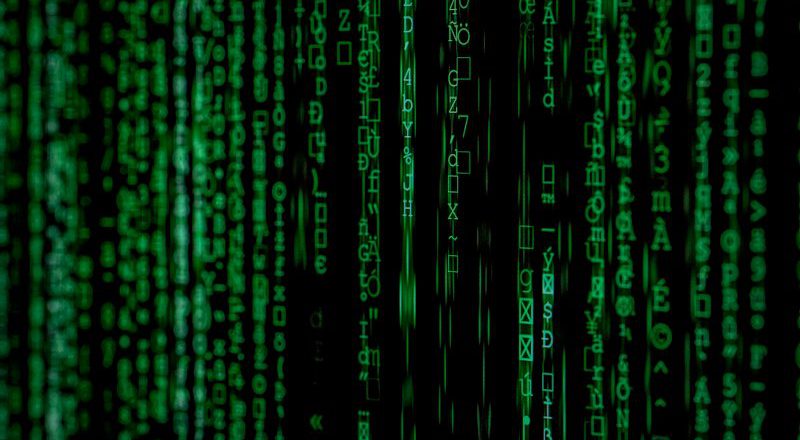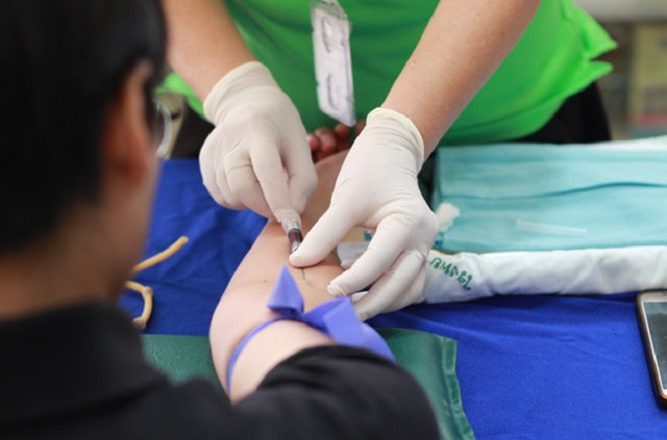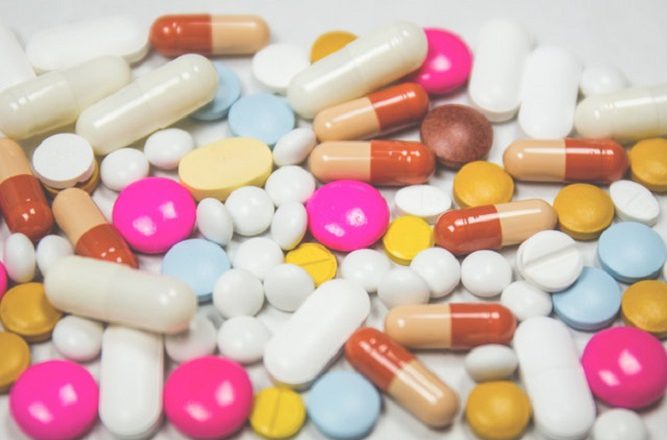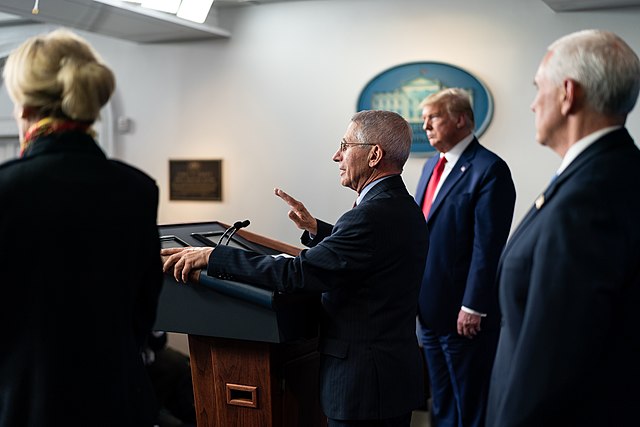How to use ventilation and air filtration to prevent the spread of coronavirus indoors
The vast majority of SARS-CoV-2 transmission occurs indoors, most of it from the inhalation of airborne particles that contain the coronavirus. The best way to prevent the virus from spreading in a home or business would be to simply keep infected people away. But this is hard to do when an estimated 40% of cases are asymptomatic and asymptomatic people can still spread the coronavirus to others.
Masks do a decent job at keeping the virus from spreading into the environment, but if an infected person is inside a building, inevitably some virus will escape into the air.
I am a professor of mechanical engineering at the University of Colorado Boulder. Much of my work has focused on how to control the transmission of airborne infectious diseases indoors, and I’ve been asked by my own univer...

